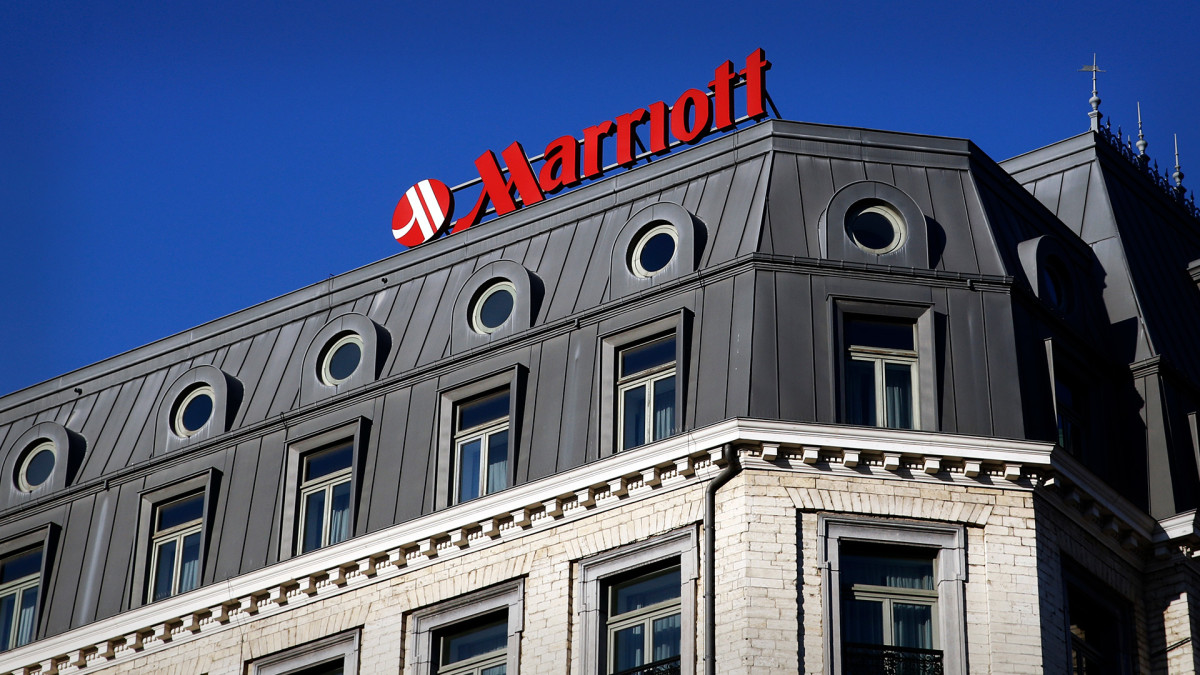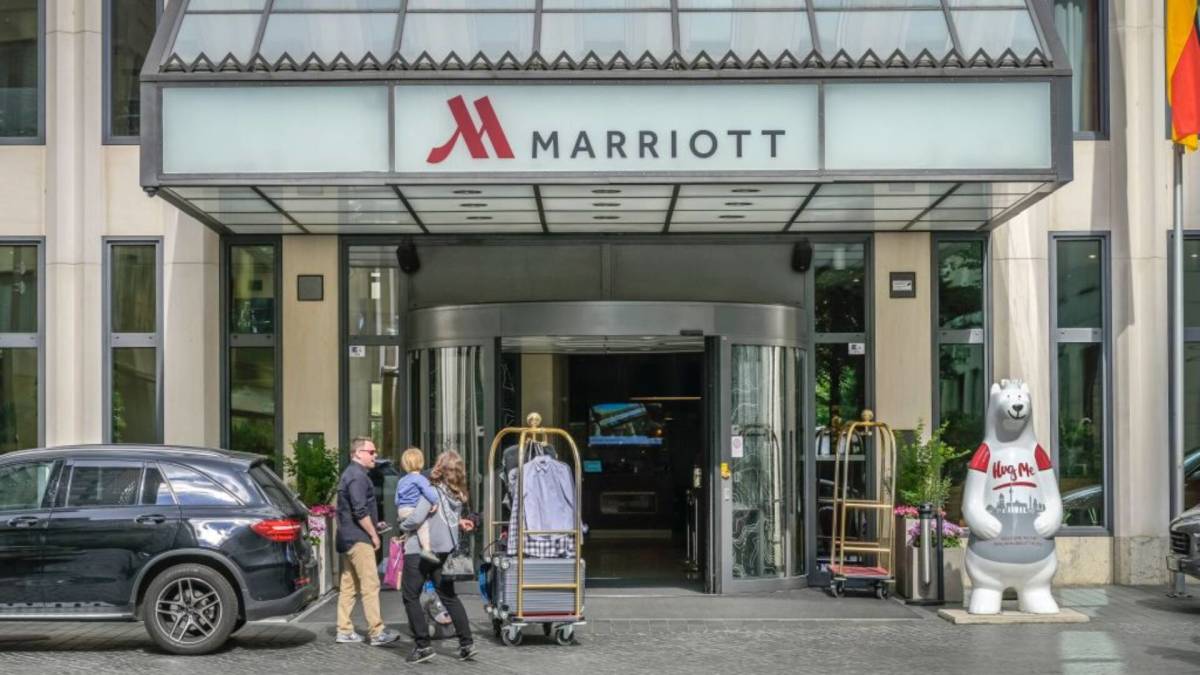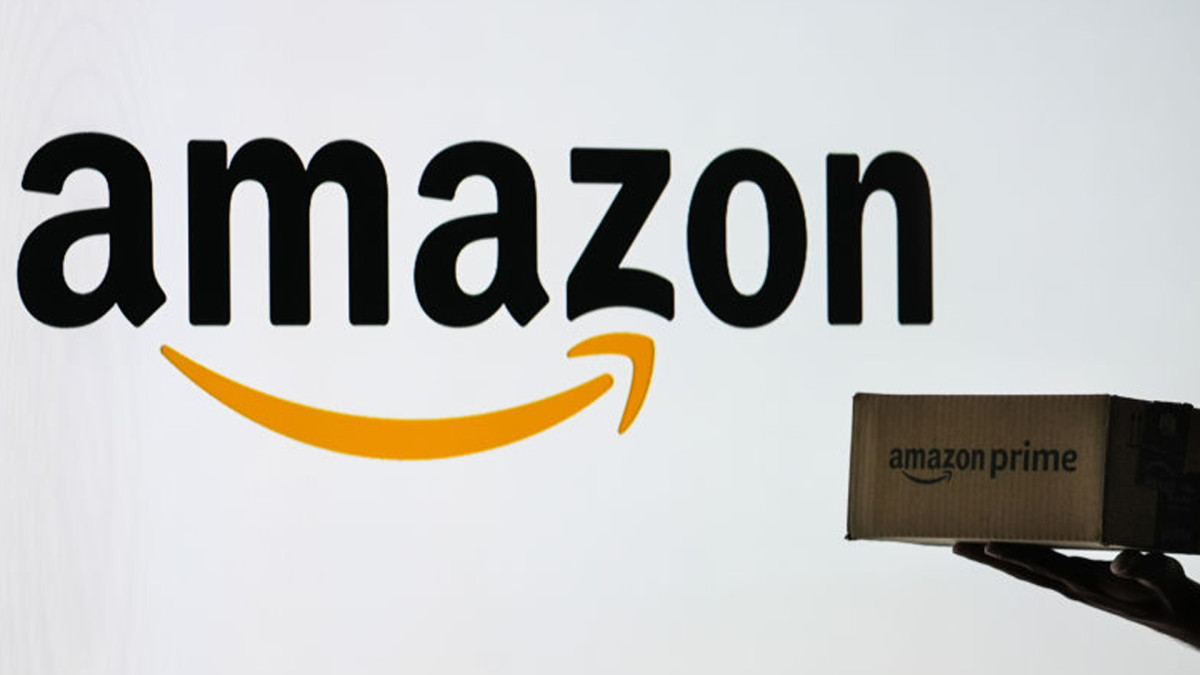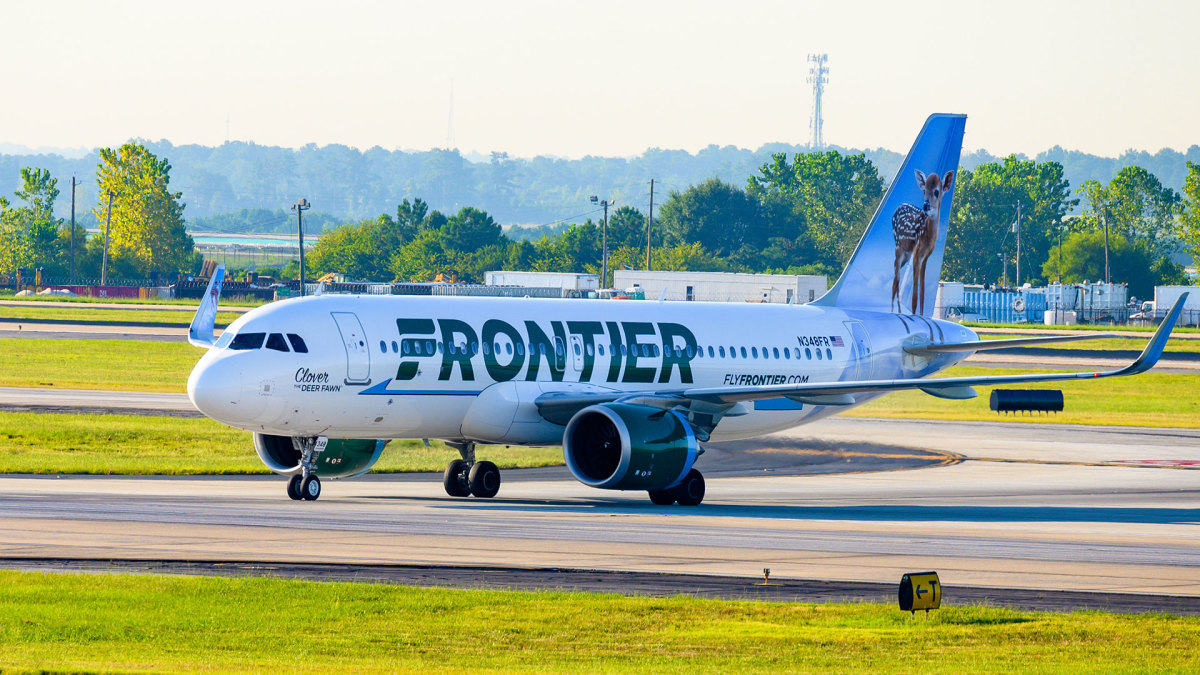Marriott bets that an overly forgiving policy can retain key guests
Marriott revealed on Oct. 9 that it will end its partnership with the short-term rental company Sonder. The next day, Sonder Holdings, which at one point managed over 9,000 apartments and homes in 40 countries around the world, announced it is filing for Chapter 7 bankruptcy. Unlike Chapter ...

Marriott revealed on Oct. 9 that it will end its partnership with the short-term rental company Sonder. The next day, Sonder Holdings, which at one point managed over 9,000 apartments and homes in 40 countries around the world, announced it is filing for Chapter 7 bankruptcy.
Unlike Chapter 11, which requires restructuring time, Chapter 7 allows businesses to go straight to liquidation. Marriott ended the partnership due to Sonder's default (financial difficulties), according to the hotel giant’s official press release.
The hotel indicated that customers who had booked a Sonder property through Marriott’s channels would get a full refund, and those with future reservations would receive an email about the “potential to rebook at another Marriott Bonvoy property.”
With the removal of the Sonder rooms from Marriott’s system, the hotel chain’s net room growth for 2025 is now expected to reach approximately 4.5%. The remaining outlook metrics the hospitality giant provided Nov. 4 with its quarterly earnings report remain unchanged.
The earnings results revealed that Marriott’s bet on luxury rooms and high-end service is paying off. Image source: Schoening/Universal Images Group via Getty Images
Marriott’s luxury hotels boost revenue, profit
On Nov. 4, Marriott disclosed its financial results for the third quarter of the year, revealing mixed results, with luxury hotels boosting revenue and profit.
Marriott Q3 2025 vs. Q3 2024 earnings highlights:
- Global revenue per available room (RevPAR) was up 0.5%.
- RevPAR declined 0.4% in the US and Canada.
- RevPAR in international markets grew 2.6%.
- Net income was $728 million or $2.67 per share, compared to $584 million or $2.07 per share.
- Revenue was $6.49 billion, by 3.7% from $6.26 billion.
Source: Marriott’s Form 10-Q SEC filing
“Globally, RevPAR growth was again strongest at the higher end as high-end consumers have demonstrated resilience to macroeconomic uncertainties and continue to prioritize traffic,” said Marriott International CEO Anthony Capuano during the earnings call.
Capuano added that its portfolio is “well positioned to benefit from outperformance at the upper end, as 10% of our rooms are in the luxury segment and another 42% are in the full-service premium segment.”
Experts have projected higher-priced hotels to outperform in 2025
Marriott’s results align well with the industry predictions for this year, as expert forecasted a significant shift in demand dynamics.
“While leisure travel, a primary driver of post-pandemic recovery, is expected to moderate as consumer savings contract and credit card debt rises, corporate, group, and international travel are anticipated to accelerate significantly. This fundamental change in traveler archetype will likely benefit urban markets and higher-priced hotels, which traditionally cater more to these segments, potentially leading to their outperformance in 2025,” reveals Niambi Business Strategies’s 2025 Global Hospitality Financial Report.
Related: Wyndham’s bold tech bet is paying off, boosting guest experience
Capuano further highlighted how the hotel’s bet on luxury is paying off: “We’ve had questions the last couple of quarters about the sustainability of the high end and to post another quarter with 4% RevPAR index leading the charge, I think, is a pretty powerful illustration of the strength and appetite of that luxury consumer.”
Marriott narrowed its outlook expecting adjusted per-share earnings of $9.98 to $10.06, compared with a prior outlook of $9.85 to $10.08. The company continues to expect RevPAR to increase 1.5% to 2.5% this year, reported The Wall Street Journal.
Marriott’s recent developments: layoffs, policy updates
The hotel chain behind luxurious brand names such as The Ritz-Carlton, St. Regis, and JW Marriott recently announced it will lay off a portion of its customer service staff, reported Hotel Dive.
“Marriott International has undertaken a strategic review of our Customer Engagement Centers to better reflect how our guests interact with us across channels,” a company spokesperson said. “While these decisions are never easy, organizational changes are being implemented as a result of this review, and a very small subset of the Customer Engagement Center workforce will be impacted.”
The newest layoffs came about a year after Marriott’s companywide restructuring when 800 corporate workers lost their jobs. However, the most recent layoffs come as more than 85% of the company's U.S. customer engagement center workforce is remote, a source familiar with the development told Hotel Dive.
Per the same source, the layoffs have nothing to do with the development of artificial intelligence.
Related: Flight delay pressures ease at two major airports, for now
More recently, Marriott made its longstanding practice an official policy, writes Gary Leff for View from the Wing.
According to the report, for a minimum of 20 years, Marriott has delivered a “soft landing” to elite status customers, meaning customers who lost eligibility for their status have been downgraded at most one level.
For example, a Platinum member who missed one year of the annual hotel stay requirement would not lose their status completely, but would be downgraded to Gold. Marriott also allowed members to buy back their higher status.
The “soft landing” policy was recently made an official policy.
According to Leff, this is a “tricky decision,” because on the one hand, it helps retain valuable customers, but on the other, it doesn’t motivate customers to strive to keep their prestige status.
Year to date, Marriott’s shares are up 4.65%, trading at $291.90 per share.
Related: Disney Visa Card rolls out 3 limited-time perks
What's Your Reaction?




















































